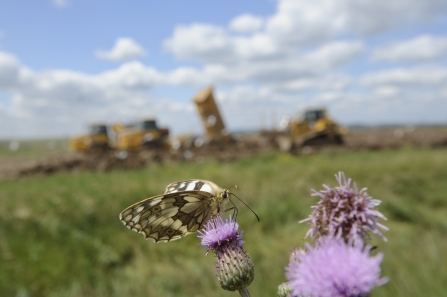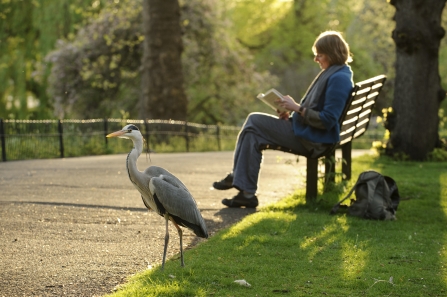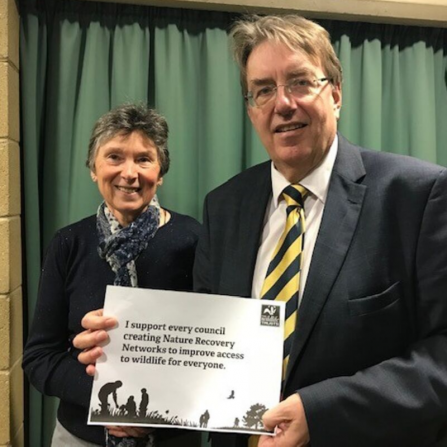The government was elected on a pledge to be the first to leave the environment in a better state for the next generation than the one that it inherited. The Environment Bill is an exciting, once in a generation opportunity to do just that and Parliament debated it on Monday 28 October.
With the inclusion of legally binding environmental targets, a truly independent watchdog and nature recovery networks, the Environment Bill could be a long-awaited and vitally important turning point for our wildlife and lead to the restoration of our natural world.
Unfortunately, the Environment Bill only partly includes these things at this stage. We need to make the most of the opportunity to improve and strengthen some areas as the bill progresses through parliament, so it can have the power to truly bring about nature’s recovery.
Here's how the Environment Bill needs to be improved.
Environmental Targets
The Wildlife Trusts have been campaigning for environmental targets to be enshrined in primary legislation in order to drive forward policy change and provide the impetus needed to generate long-term solutions to tackling the climate and biodiversity crisis.
Long-term targets would mean that targets would be set beyond the usual five-yearly parliamentary cycles and require politicians to consider the impact of our present day actions on the state of our wildlife in a generation’s time.
The bill includes powers for the Secretary of State to set long-term environmental targets, but it gives far too much discretion to the Secretary of State both in terms of the targets set and how easily they can be amended, and their repeal. Also, the bill allows the Secretary of State to only set four targets, which would be completely inadequate to restore our natural environment.
How to improve the bill: The bill needs to be amended so that a broad range of targets are set, using expert advice, that cannot be simply repealed by the Secretary of State if it looks like they are going to fail to meet them.



